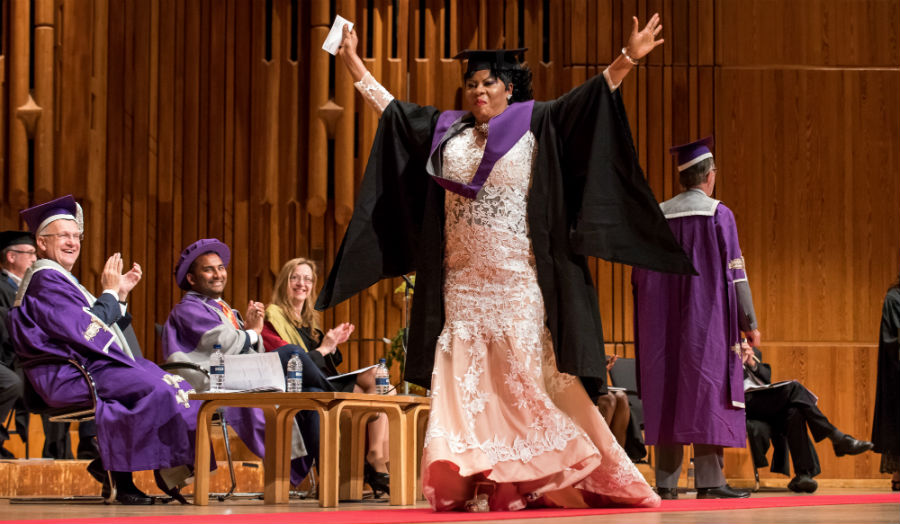There are a number of systemic ways that racism manifests in higher education. With a growing body of literature in this area, educators, government and legislators are becoming increasingly aware of the disproportionate disadvantages that students of colour face. However, many have remained silent, reluctant and in some cases, actively against creating institutional change to embed racial equality and begin the process of breaking the foundations which fortify systemic racism.
In order to understand why and how our education system disproportionately discriminates against students of colour, we must understand that breadth and depth of it across the ivory tower – from entry to graduation.
No institution has successfully eradicated racism, nor has any institution successfully decolonised. However, those institutions that are making a conscious, concerted and active effort to undo the privileged and racist systems that permeate our sector are starting an essential and necessary path to rectifying the evils of our colonial past and present.
In 2018 alone, there were six high-profile cases of racism at UK universities that were brought to public attention through the media. A number of these cases went viral, with senior academics and politicians condemning UK universities for their failure to tackle racism against staff and students.
The Guardian, which has been reporting extensively on racism in higher education, reported that at least 996 formal complaints were made by staff and students about racism incidents in the last five years across 131 universities. Of these, only 367 cases were upheld. It is highly likely that these figures only show a fraction of the extent of racism, given the likelihood of under-reporting and lack of trust in institutions to adequately sanction racism.
From the high-profile cases, to The Guardian's report, these incidents took place at a range of universities from Russell Group to post-92 (considered modern and new). The diversity of one's campus does not necessarily reflect the levels of racism that students may face there, for example, some universities that boast an almost 50/50 split between white students and students of colour, have larger degree awarding gaps than some institutions with less diversity.
Therefore, the sector must not be fooled into assuming that diversity is the antidote to racism. Systemic, structural change, education, individual responsibility, collective responsibility and much more is needed if to even begin.
Some source text has been taken from Insider-Outsider by Sofia Akel

